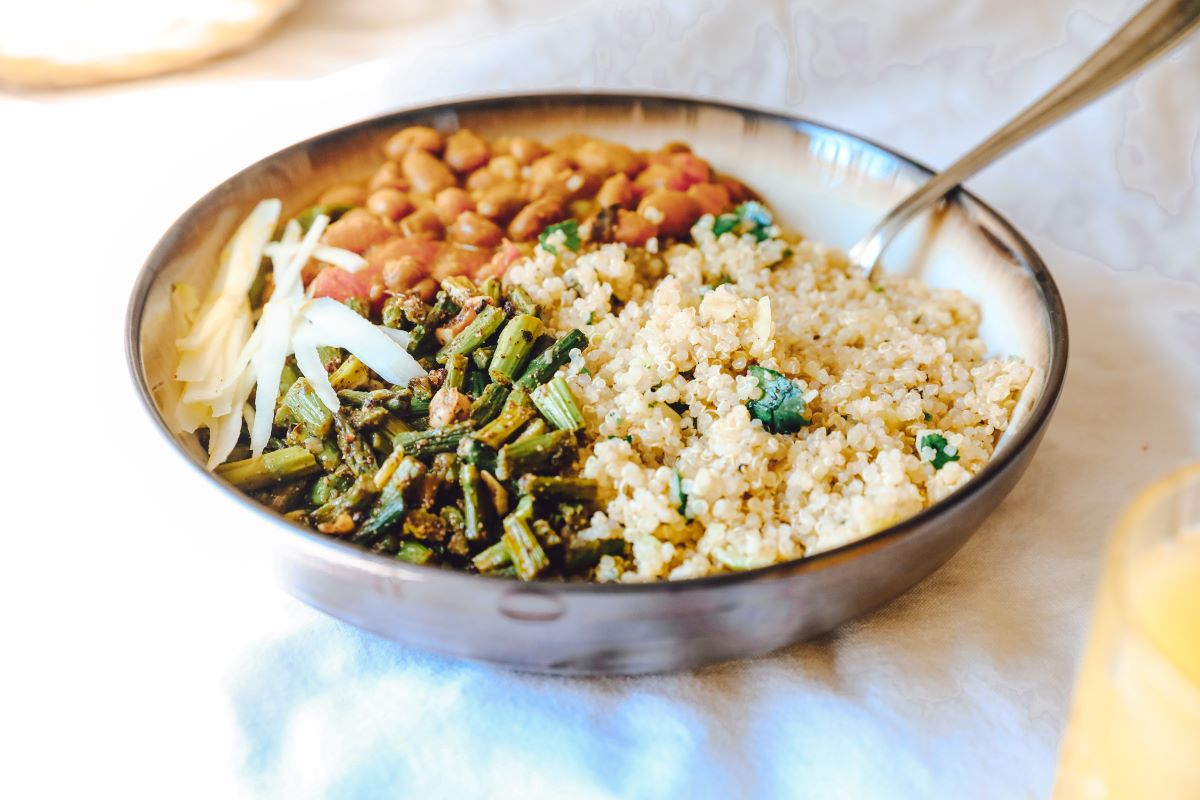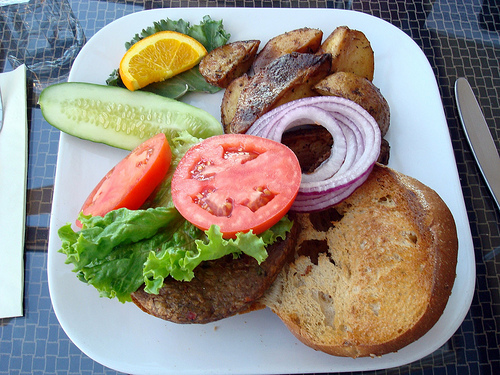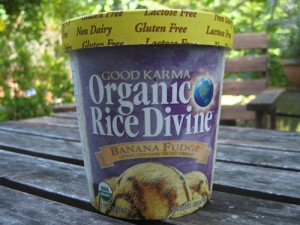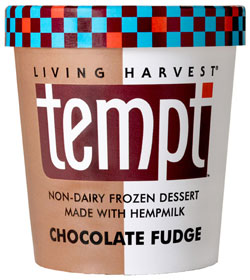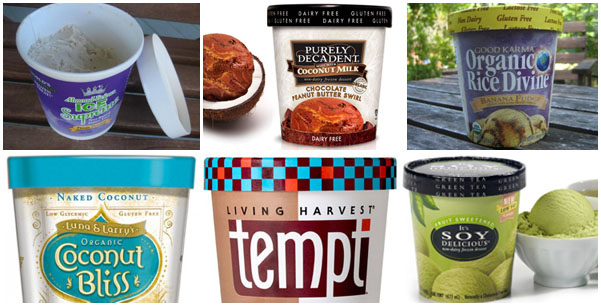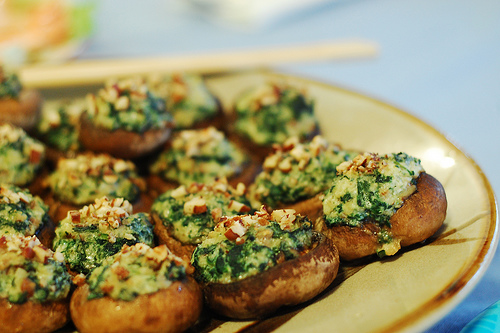Table of Contents
Vegan Taurine is a unique amino sulfonic acid within a group of essential amino acids. While not technically a true amino acid, taurine plays several critical roles in the body and assists cardiovascular health and nervous system function.
Obtaining sufficient taurine levels is particularly challenging for vegans. Animal products like meat and fish are prime sources of taurine.
This article dispels the myths and significance of taurine, identifies vegan-friendly sources, and explains the potential health benefits. Taurine is a necessary amino acid for babies, regardless.
Taurine and Its Importance in the Body
Taurine is one of the most abundant amino acids in the human body, particularly in tissues like the heart and muscles. It serves multiple functions and contributes to our cardiovascular health, nervous system, and antioxidant defense mechanisms.
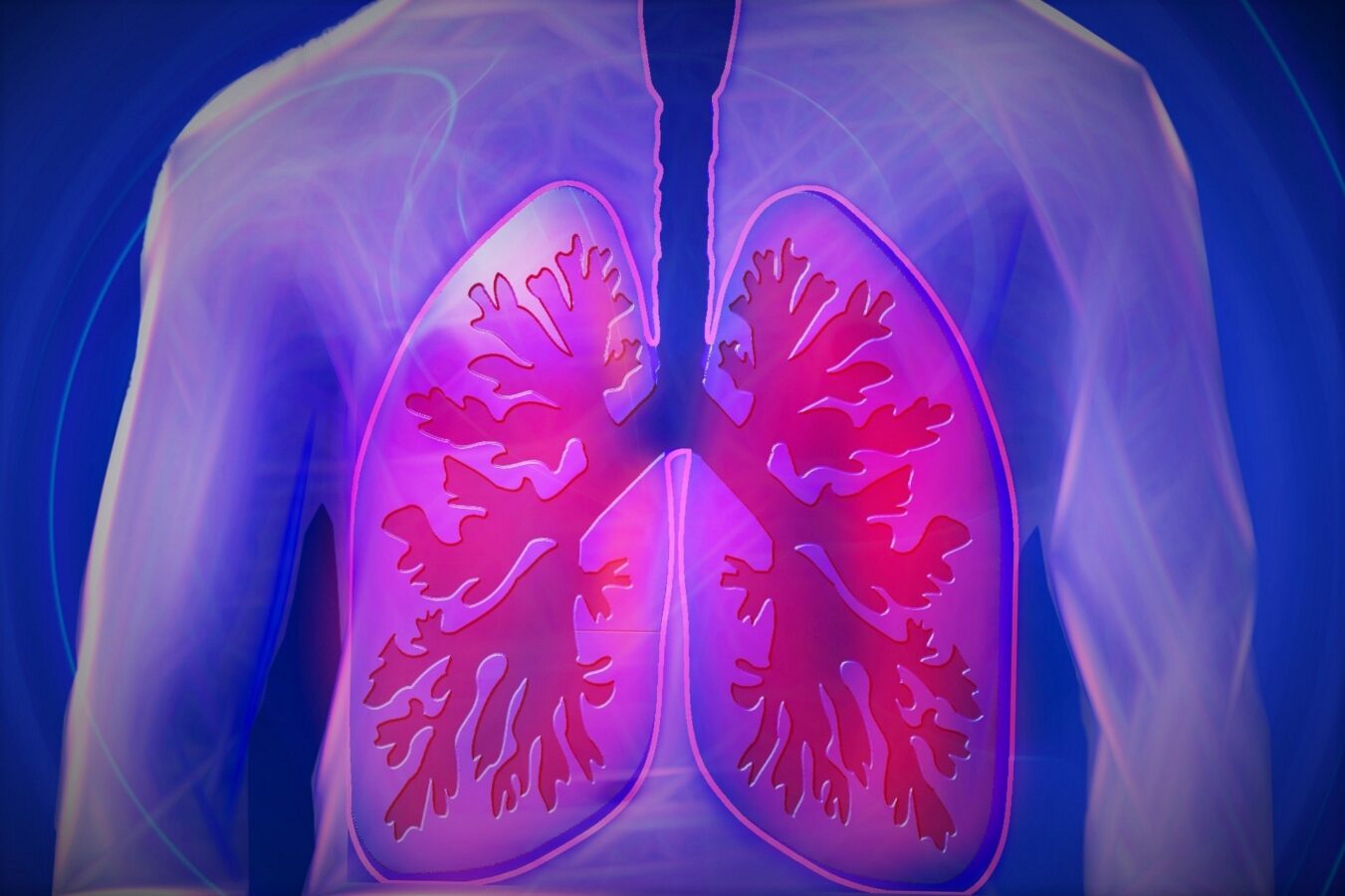
Cardiovascular Health
Taurine maintains a healthy cardiovascular system by helping regulate blood pressure and supporting a proper heart rhythm.
Studies indicated that higher doses of taurine supplementation can affect high blood pressure and other cardiovascular issues. It helps the body’s heart muscle cells contract and relax and may reduce the risk of heart diseases like cardiomyopathy.

Nervous System Support
In addition to cardiovascular health, taurine enhances our nervous system. It acts as a neurotransmitter and regulates the balance of other neurotransmitters, improving cognitive function.
Evidence suggests that taurine may support brain health, potentially enhancing mental performance and reducing the risk of neurodegenerative diseases. Taurine is vital for brain cell formation in infants and damaged brain cells from aging or injury.
Alzheimer’s patients benefit from taurine supplements as it slows the process and boosts blood sugar control.
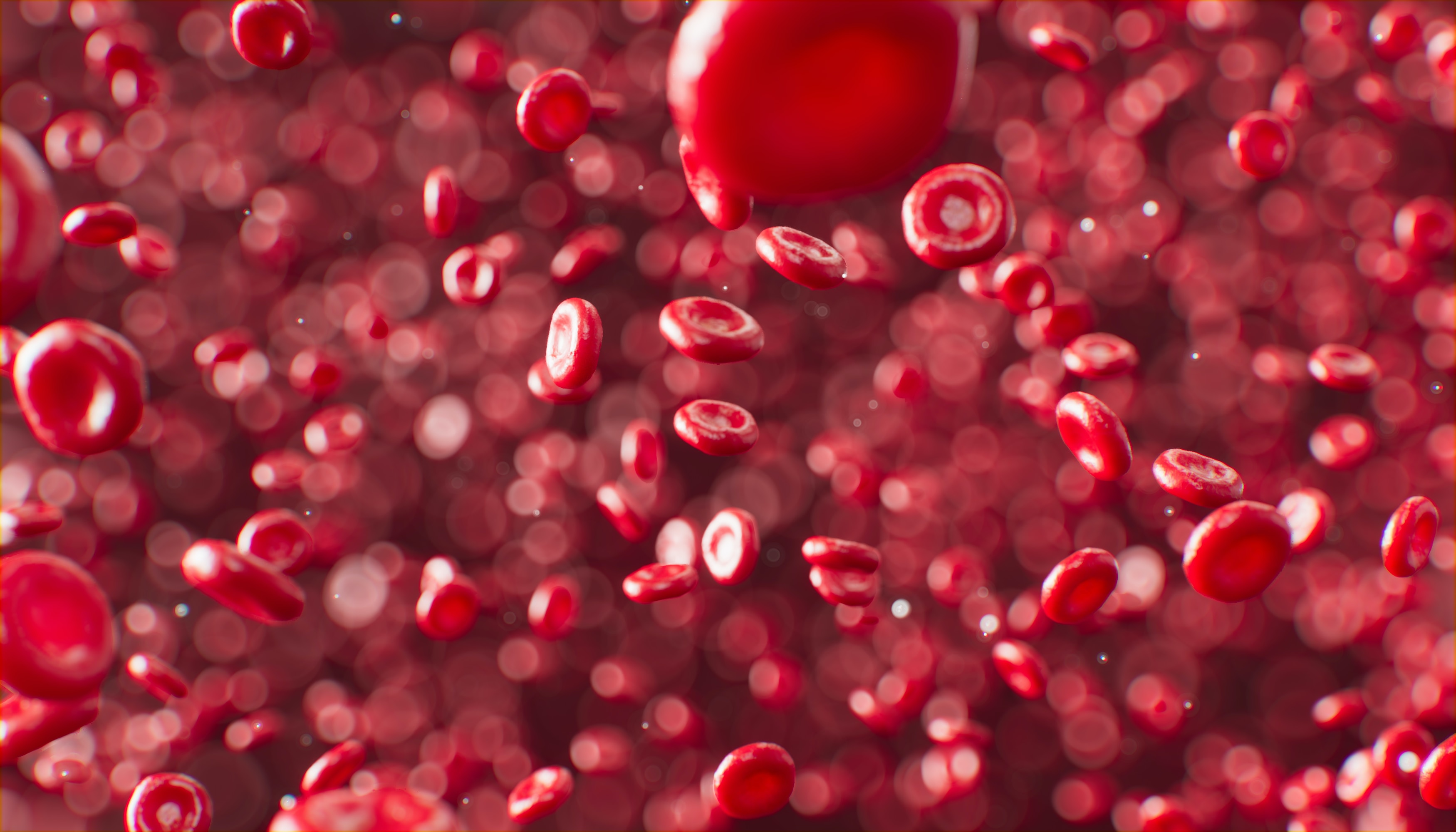
Antioxidant Defense
Taurine has essential antioxidant properties. It combats oxidative stress by neutralizing free radicals that damage cells. By reducing oxidative stress, taurine may lower the risk of chronic diseases like diabetes and cancer.
Vegan Food Sources of Taurine
Since animal sources like meat and fish provide the best taurine sources, many vegan-friendly foods also provide this vital nutrient.
Plant foods typically contain smaller amounts of taurine than animal products. However, they still contribute to our taurine needs when we follow a well-planned vegan diet.
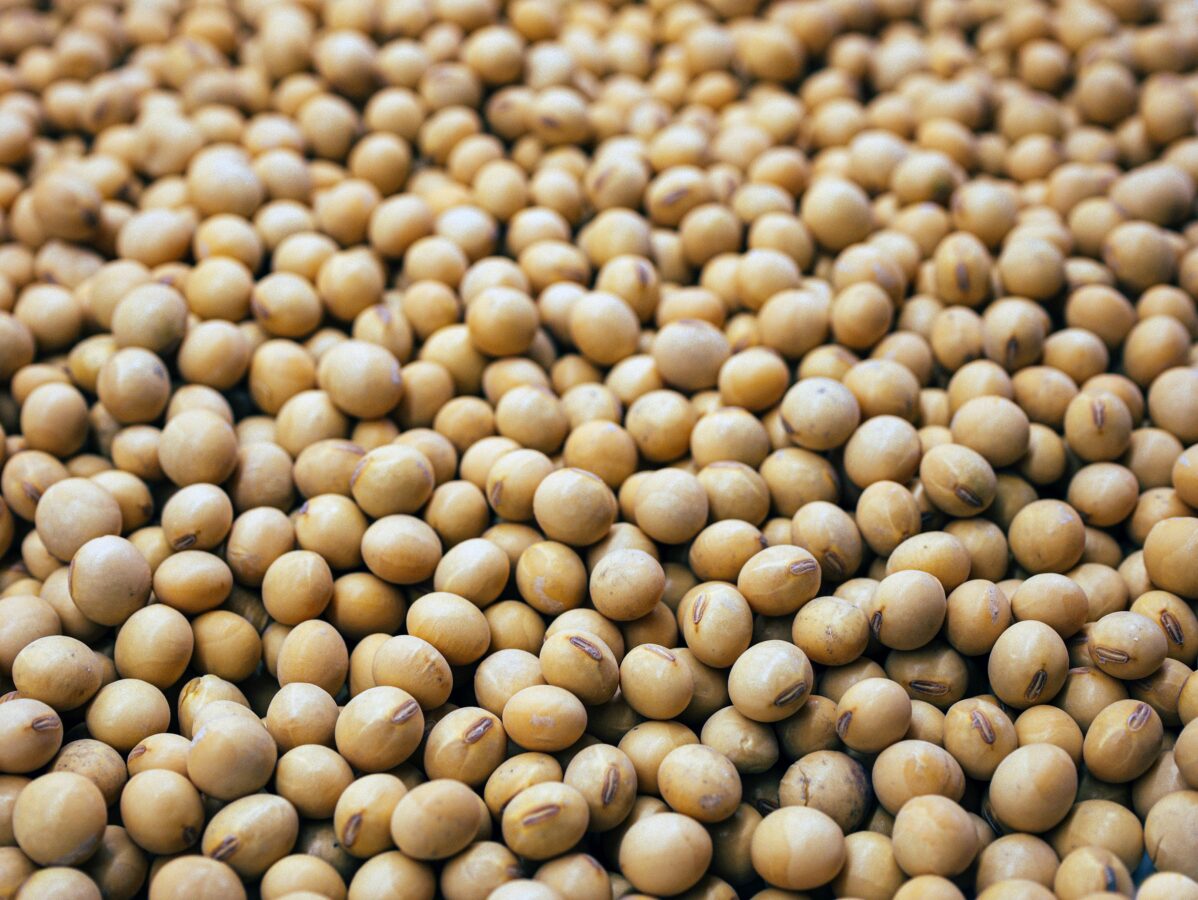
Legumes and Pulses
- Lentils: Vegan diets rely heavily on lentils, containing small amounts of taurine. A cup of cooked lentils offers around 2 mg of taurine, making them a worthwhile addition to vegan meals.
- Black Beans: These healthy legumes add taurine to your diet. A cup of black beans contains approximately 2-5 mg of taurine.
- Soybeans: Cooked soybeans also provide a modest amount of taurine, with around 2 mg per cup.
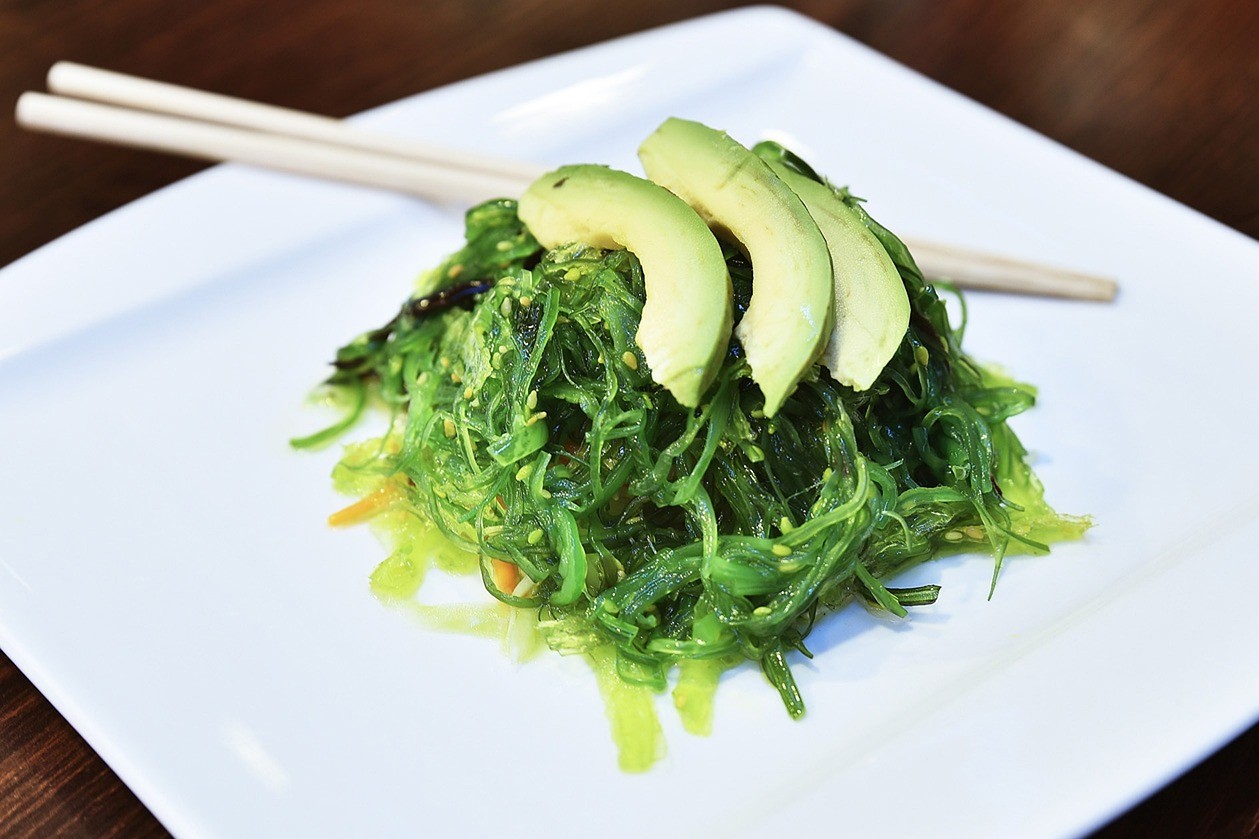
Seaweed and Algae
- Nori: Commonly used in sushi rolls, nori provides up to 1 mg of taurine per sheet. Adding a taurine boost to your vegan diet with nori wraps is easy.
- Dulse: Another type of red algae, dulse, contains up to 2 mg of taurine per serving. It’s a favorite snack or used as a seasoning.
- Spirulina: This blue-green algae is rich in many nutrients, including traces of taurine. A tablespoon full provides about 1-2 mg of taurine.
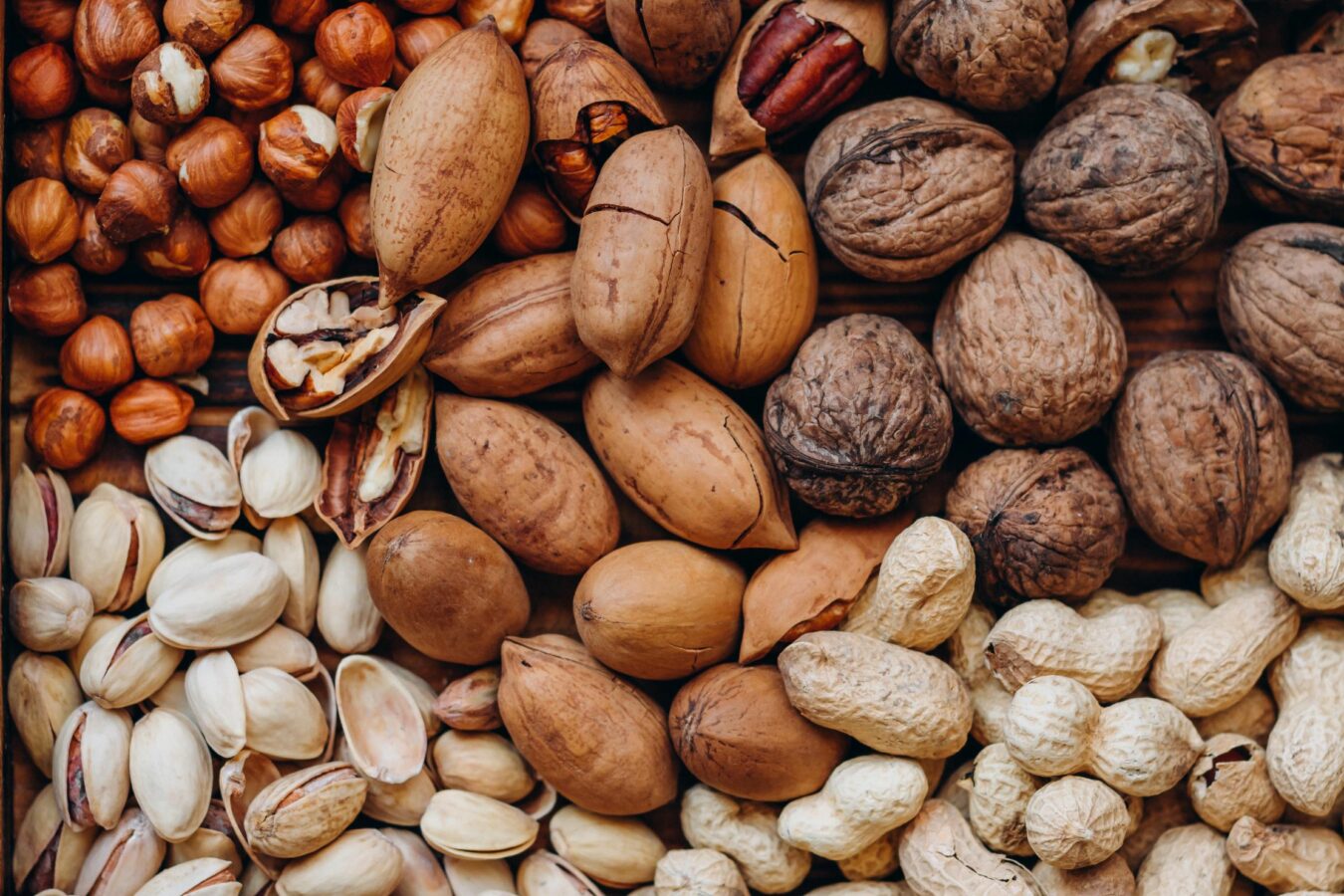
Nuts and Seeds
- Sunflower Seeds: Sunflower seeds contain trace amounts while lower in taurine than other sources. A handful provides about 1 mg of taurine.
- Pistachios: These nuts are a healthy snack for vegans, containing around 2 mg of taurine per one-ounce serving.
- Pumpkin Seeds: Also known as pepitas, pumpkin seeds contain about 1-2 mg of taurine per serving. They’re rich in other essential nutrients, making them an excellent choice for a balanced vegan diet.
By incorporating these foods into your meals and snacks, vegans get closer to fulfilling their taurine needs.
Vegan Taurine Supplements
Meeting taurine needs is challenging for vegan lifestyles as plant-based foods contain lower taurine content. Taurine supplements are a convenient way to improve adequate intake.
These supplements are particularly beneficial in case some vegans have higher taurine requirements or have difficulty obtaining enough taurine from their diet.
Types of Taurine Supplements
Specialty vegan markets sell two types of taurine supplements: capsules and powders. Vegan-friendly versions come from synthetic taurine to avoid animal products.
The capsule form is better for convenience and easier to carry around. It requires no preparation. Powdered taurine is perfect for mixed drinks or smoothies and offers a more flexible way to integrate this amino-sulfonic acid into your diet.
Both forms are effective, and the choice depends on personal preference and lifestyle needs.
Considerations for Supplement Use
If you’re considering adding taurine supplements, follow the correct dosage and know the risk of potential interactions with medications you may be taking.
The recommended daily dosage for taurine is generally around 500-3000 mg for adults. A healthcare provider can offer more personalized advice, especially if you have pre-existing medical conditions like high blood pressure or cardiovascular issues.
Always check the label. A vegan-friendly supplement is free from ingredients you wish to avoid, such as gluten and fillers. Choosing third-party tested products ensures quality and purity.
Taurine supplements are a practical means to meet the nutritional needs of a vegan diet.
How the Body Utilizes Taurine
Taurine is an amino sulfonic acid absorbed through the digestive tract after ingesting food or supplements. After absorption, taurine circulates through the bloodstream, supplying various tissues and organs with health benefits.
The liver, heart, muscles, and nervous system hold significant reservoirs of taurine in the body. Taurine involves numerous biochemical reactions within our cells and physiological processes, improving cardiovascular function, neurotransmitter balance, and antioxidant defense.
Nutrients Affecting Taurine Absorption
The efficiency of taurine absorption depends on other dietary components.
For instance, high amounts of proteins and amino acids from a typical meal compete with taurine for absorption, potentially reducing its uptake. On the other hand, some minerals like zinc improve taurine transport into cells.
Understanding how these interactions affect our body function and taurine intake is significant for a vegan diet with limited sources.
Positive Absorption Interactions
Certain nutrients synergize with taurine and enhance its absorption and function. B Vitamins and Taurine are complementary and benefit our nervous system health.
B vitamins like B6 and B12 are essential for neurotransmitter metabolism and neural maintenance. In adequate amounts, these vitamins aid the nervous system and utilize taurine efficiently for neurotransmitter balance and cognitive function.
Negative Absorption Interactions
Some factors impede taurine absorption. Excessive consumption of specific amino acids competes with taurine for intestinal absorption and reduces its bioavailability. Additionally, gastrointestinal issues such as Crohn’s or celiac disease impair nutrient absorption, including taurine.
Targeted dietary strategies and medical treatments are necessary to improve nutrient absorption in those instances.
In summary, taurine is essential to a balanced diet and provides multiple health benefits. Various other nutrients impact its absorption and effectiveness. Understanding these interactions helps make informed dietary choices to maximize the benefits of taurine for those following a vegan diet.
Lifestyle Factors That Impact Taurine Needs
Taurine requirements are not static and vary depending on multiple lifestyle factors. Exercise, stress, and health conditions can influence your need for taurine.
The following factors affect taurine needs, especially for anyone on a vegan diet.

Exercise
Physical activity increases our metabolic rate, and our bodies require enhanced cardiac function, muscle contractility, and oxidative stress defense—Taurine facilitates these roles.
Athletes who engage in frequent high-intensity workouts may have elevated taurine requirements.
Taurine supplements not only improve health and sports performance, but it can also protect athletes from experiencing prolonged muscle damage.
There’s no one-size-fits-all recommendation for taurine. Research suggests that athletes benefit from 500–2000 mg of taurine per day to support exercise performance.

Stress
Stress depletes essential nutrients, including taurine. Taurine has an important role as a neurotransmitter and antioxidant, affecting our stress response and mental health.
Chronic stress can increase the demand for taurine to maintain normal physiological function.
This role is particularly relevant for vegans, who might have limited sources of taurine in their diet and experience other mental health concerns.

Health Conditions
Certain health conditions affect taurine needs and metabolism. People with heart conditions require more taurine to support cardiovascular function. Those with metabolic disorders like diabetes also benefit from increased taurine, which helps regulate blood sugar levels.
Studies show evidence that taurine is effective in reducing triglycerides, preventing obesity, and lowering bad VLDL and LDL cholesterol while raising HDL.

Age
Aging changes our Taurine needs. The recommended daily dose for adults is around 500 mg, with some moderation.
Breastfed infants receive taurine through breast milk. Children have varying needs depending on their growth and development stages. Mature people require more taurine to compensate for age-related decline in nutrient absorption and metabolic function.
In summary, lifestyle factors like exercise, stress, health conditions, and age influence your taurine requirements. Vegans must remain aware of these variables to meet nutritional needs adequately, especially for pregnant and breastfeeding vegan mothers.
FAQs
Here are some frequently asked questions to help you make informed decisions about taurine and your vegan lifestyle.
How much taurine do I need daily on a vegan diet?
The daily recommended amount of taurine for adults is around 500 mg, depending on age, health condition, and lifestyle factors. Vegans must consider taurine supplements as plant-based diets may provide less taurine than diets containing animal products. This is essential for expecting and nursing moms.
Can I get enough taurine from plant-based foods alone?
Getting enough taurine from a plant-based diet alone can be challenging. However, vegan-friendly foods like legumes, certain seaweeds, and nuts contain taurine, albeit in smaller amounts than animal sources. You may need to consume these in larger quantities or consider fortified foods or supplements.
Are taurine supplements necessary for vegans?
Taurine supplements are not strictly necessary for vegans. Still, they can be a convenient way to ensure you meet your taurine needs, especially if your diet lacks diverse sources of this amino acid. Always consult a healthcare professional before starting any new supplement regimen.
Does taurine support heart health?
Yes, taurine does support heart health. It plays a role in maintaining proper heart function, including heart rhythm and blood pressure regulation. These essential roles within our body make it particularly beneficial for those concerned about cardiovascular health.
Can taurine help with nervous system function and cognitive health?
Yes, taurine helps with nervous system function and supports cognitive health. Taurine is a known neurotransmitter and has a potential role in balancing neurotransmitter levels. It helps people with cognitive functions like learning and memory.
These answers should serve as a guide and starting point for finding vegan taurine substitutes. Individual needs can vary, so consult a healthcare professional for personalized advice. Further, taurine is a primary amino acid for babies’ growth and development.
